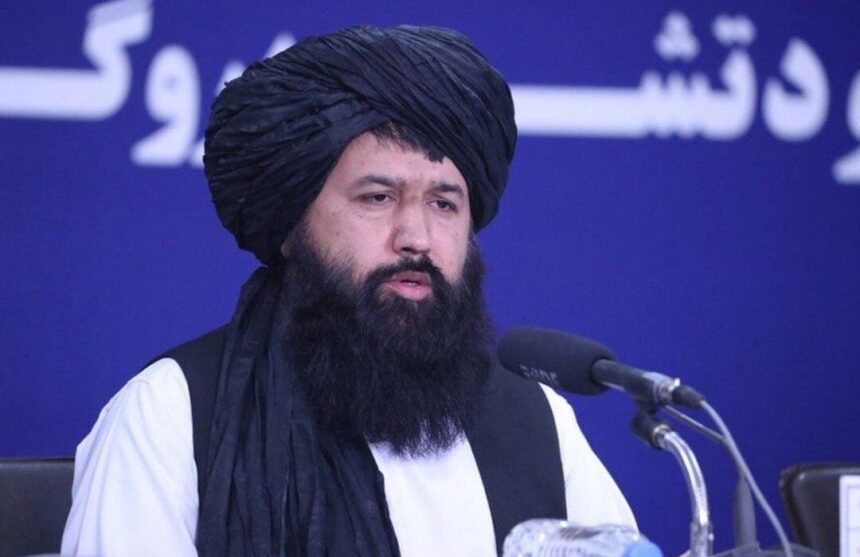RASC News Agency: Nida Mohammad Nadim, the Taliban’s Minister of Higher Education, imposed a ban on journalists filming during a gathering in Khost, asserting that capturing images of living beings is a sin and should be discontinued. This decision has drawn significant reactions from journalists, many of whom are already facing severe work-related challenges.
During his visit to Sheikh Zayed University in Khost, Nadim, a close associate of the Taliban leadership, emphasized the prohibition of filming. According to journalists present at the meeting, he warned that photographing or filming living beings violates Islamic principles and must be avoided. One journalist, who requested anonymity, shared: “Nadim stated that capturing images of living creatures is sinful and should not be done. He strongly insisted that this practice must end, which left us frustrated. It makes our reporting difficult since capturing certain scenes is essential for our coverage. How can we convey the reality without images?”
Since the Taliban’s return to power, media outlets in Khost have been significantly impacted. Of the ten visual media outlets previously operating, only three remain active, and even those face uncertainty. Journalists working in these outlets report that restrictions continue to tighten. In several other provinces, similar bans have been imposed. The Directorate for the Propagation of Virtue and Prevention of Vice in Takhar Province stated: “We have advised state-run media outlets to refrain from showing images of living beings, and we aim to implement this gradually without coercion.”
Additionally, the Taliban’s Ministry for the Propagation of Virtue and Prevention of Vice has launched an online campaign urging the public to avoid filming or photographing living beings. This escalation has raised alarm among journalists, who are already working under strict censorship, fearing the further erosion of press freedom under the Taliban’s rule.
These mounting restrictions threaten the limited remaining avenues for journalism in Afghanistan, where media outlets are already grappling with oppressive conditions.






